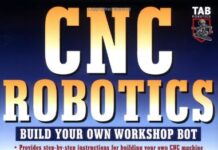| Book Name: | Robotics Vision and Control Fundamental Algorithms in MATLAB |
| Category: | Robotics |
| Language: | English |
| Format: | |
| Free Download: | Available |
Robotics, Vision, and Control Fundamental Algorithms in MATLAB 2nd Edition by Peter Corke | PDF Free Download.
| Book Details : | |
|---|---|
| Language | English |
| Pages | 697 |
| Format | |
| Size | 90.6 MB |
Robotics Vision and Control Fundamental Algorithms in MATLAB
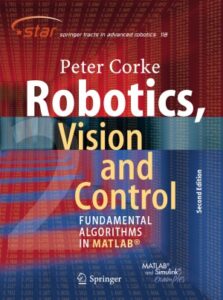
Robotics Vision and Control Contents
- Introduction
Part I Foundations
- Representing Position and Orientation
- Time and Motion
Part II Mobile Robots
- Mobile Robot Vehicles
- Navigation
- Localization
Part III Arm-Type Robots
- Robot Arm Kinematics
- Manipulator Velocity
- Dynamics and Control
Part IV Computer Vision
- Light and Color
- Image Formation
- Images and Image Processing
- Image Feature Extraction
- Using Multiple Images
Part V Robotics, Vision and Control
- Vision-Based Control
- Advanced Visual Servoing
Foreword to Robotics Vision and Control Fundamental Algorithms in MATLAB
Once upon a time, a very thick document of a dissertation from a faraway land came to me for evaluation. Visual robot control was the thesis theme and Peter Corke was its author.
Here, I am reminded of an excerpt from my comments: this is a masterful document, a quality of thesis one would like all of one’s students to strive for, knowing very few could attain – very well considered and executed.
The connection between robotics and vision has been, for over two decades, the central thread of Peter Corke’s productive investigations and successful developments and implementations.
This rare experience is bearing fruit in this second edition of his book on Robotics, Vision, and Control.
In its melding of theory and application, this second edition has considerably benefited from the author’s unique mix of academic and real-world application influences through his many years of work in robotic mining, flying, underwater, and field robotics.
There have been numerous textbooks in robotics and vision, but few have reached the level of integration, analysis, dissection, and practical illustrations evidenced in this book.
The discussion is thorough, the narrative is remarkably informative and accessible, and the overall impression is of a significant contribution for researchers and future investigators in our field.
Most every element that could be considered as relevant to the task seems to have been analyzed and incorporated, and the effective use of Toolbox software echoes this thoroughness.
The reader is taken on a realistic walk through the fundamentals of mobile robots, navigation, localization, manipulator-arm kinematics, dynamics, joint-level control, camera modeling, image processing, feature extraction, and multi-view geometry.
These areas are finally brought together through extensive discussion of a visual servo system. In the process, the author provides insights into how complex problems can be decomposed and solved using powerful numerical tools and effective software.
The Springer Tracts in Advanced Robotics (STAR) is devoted to bringing to the research community the latest advances in the robotics field on the basis of their significance and quality.
Through wide and timely dissemination of critical research developments in robotics, our objective with this series is to promote more exchanges and collaborations among the researchers in the community and contribute to further advancements in this rapidly growing field.
Peter Corke brings a great addition to our STAR series with an authoritative book, reaching across fields, thoughtfully conceived, and brilliantly accomplished.
Note on Robotics Vision and Control Fundamental Algorithms in MATLAB 2nd Edition
It seems only yesterday that I turned in the manuscript for the fi rst edition of this book, but it was in fact December 2010, the end of 20 months of writing.
So the oldest parts of the book are over 6 years old – it’s time for an update! The revision principle was to keep the good (narrative style, code as a fi rst-class citizen, soft plastic cover) and eliminate the bad (errors and missing topics).
I started with the collected errata for the fi rst edition and pencilled markup from a battered copy of the fi rst edition that I’ve carried around for years.
There were more errors than I would have liked and I thank everybody who submitted errata and suggested improvements.
The fi rst edition was written before I taught in the university classroom or created the MOOCs, which is the inverse of the way books are normally developed.
Preparing for teaching gave me insights into better ways to present some topics, particularly around pose representation, robot kinematics and dynamics so the presentation has been adjusted accordingly.
New content includes matrix exponential notation; the basics of screw theory and Lie algebra; inertial navigation; differential steer and omnidirectional mobile robots; a deeper treatment of SLAM systems including scan matching and pose graphs;
Greater use of MATLAB computer algebra; operational space control; deeper treatment of manipulator dynamics and control; visual SLAM and visual odometry; structured light; bundle adjustment; and light-fi eld cameras.
In the fi rst edition I shied away from Lie algebra, matrix exponentials and twists but I think it’s important to cover them.
The topic is deeply mathematical and I’ve tried to steer a middle ground between hardcore algebraic topology and the homogenous transformation only approach of most other texts, while also staying true to the overall approach of this book.
All MATLAB generated fi gures have been regenerated to refl ect recent improvements to MATLAB graphics and all code examples have been updated as required and tested, and are available as MATLAB Live Scripts.
The second edition of the book is matched by new major releases of my Toolboxes: Robotics Toolbox (release 10) and the Machine Vision Toolbox (release 4).
These newer versions of the toolboxes have some minor incompatibilities with previous releases of the toolboxes, and therefore also with the code examples in the first edition of the book.
Download Robotics Vision and Control Fundamental Algorithms in MATLAB in PDF Format For Free.

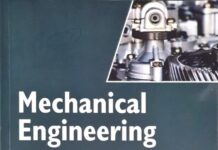

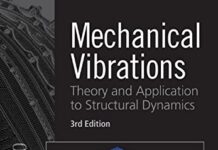
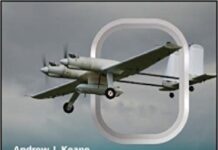

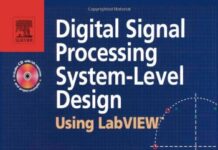
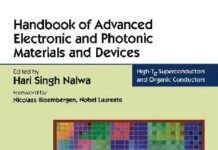
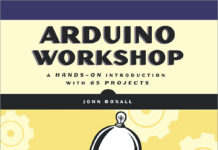
![[PDF] Draw Buildings and Cities in 15 Minutes Draw Buildings and Cities in 15 Minutes pdf](https://www.freepdfbook.com/wp-content/uploads/2021/06/Draw-Buildings-and-Cities-in-15-Minutes-218x150.jpg)



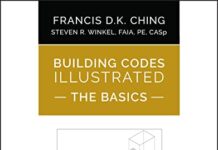
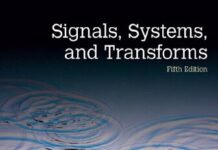


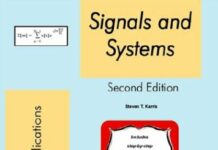
![[PDF] Digital Image Processing An Algorithmic Introduction Using Java Digital Image Processing An Algorithmic Introduction Using Java](https://www.freepdfbook.com/wp-content/uploads/2022/06/Digital-Image-Processing-An-Algorithmic-Introduction-Using-Java.jpg)

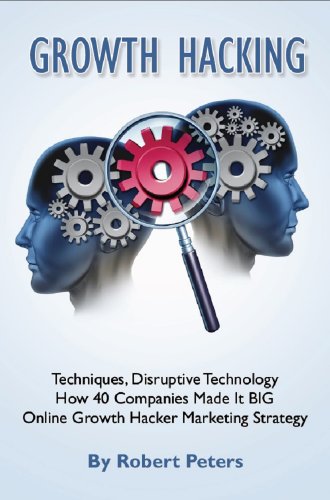

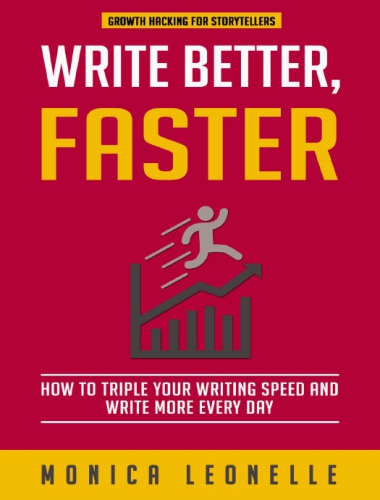
![[PDF] 43 Years JEE ADVANCED + JEE MAIN Chapterwise & Topicwise Solved Papers 43 Years JEE ADVANCED (1978-2020) + JEE MAIN Chapterwise & Topicwise Solved Papers Physics PDF](https://www.freepdfbook.com/wp-content/uploads/2022/03/43-Years-JEE-ADVANCED-1978-2020.jpg)

![[PDF] Problems in Physical Chemistry for JEE (Main & Advanced) Problems in Physical Chemistry for JEE (Main & Advanced) Free PDF Book Download](https://www.freepdfbook.com/wp-content/uploads/2022/03/Problems-in-Physical-Chemistry-for-JEE-Main-Advanced.jpg)
![[PDF] Engineering Physics (McGraw Hill)](https://www.freepdfbook.com/wp-content/uploads/2021/05/bafc8c2685bb6823a9c56134f7fba5df.jpeg)
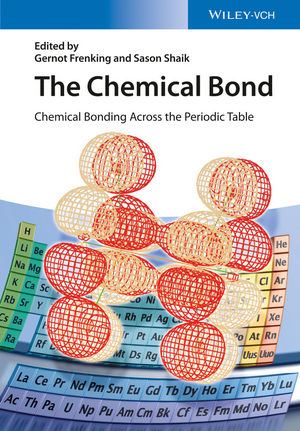
![[PDF] Engineering Chemistry By Shashi Chawla](https://www.freepdfbook.com/wp-content/uploads/2022/05/Theory-And-Practicals-of-Engineering-Chemistry-By-Shashi-Chawla-free-pdf-book.jpeg)
![[PDF] Chemistry: An Introduction to Organic, Inorganic & Physical Chemistry Chemistry: An Introduction to Organic, Inorganic & Physical Chemistry](https://www.freepdfbook.com/wp-content/uploads/2022/04/Chemistry-An-Introduction-to-Organic-Inorganic-Physical-Chemistry.jpg)
![[PDF] Essentials of Physical Chemistry Essentials of Physical Chemistry Free PDF Book by Bahl](https://www.freepdfbook.com/wp-content/uploads/2022/04/Essentials-of-Physical-Chemistry-bahl.jpg)
![[PDF] Biological control of plant-parasitic nematodes: soil ecosystem management in sustainable agriculture Biological control of plant-parasitic nematodes: soil ecosystem management in sustainable agriculture](https://www.freepdfbook.com/wp-content/uploads/2022/05/Biological-control-of-plant-parasitic-nematodes-soil-ecosystem-management-in-sustainable-agriculture.jpg)
![[PDF] Human Anatomy: Color Atlas and Textbook Human Anatomy: Color Atlas and Textbook Free PDF Book](https://www.freepdfbook.com/wp-content/uploads/2022/05/Human-Anatomy-Color-Atlas-and-Textbook.jpg)
![[PDF] Concepts of Biology Book [Free Download]](https://www.freepdfbook.com/wp-content/uploads/2022/05/Concepts-of-Biology.jpg)
![[PDF] Essentials of Biology [Free Download] Essentials of Biology Free PDF BOok Download](https://www.freepdfbook.com/wp-content/uploads/2022/05/Essentials-of-Biology-Free-PDF-Book-Downlaod.jpg)
![[PDF] Human Biology Book [Free Download]](https://www.freepdfbook.com/wp-content/uploads/2022/05/PDF-Human-Biology-Book-Free-Download.jpg)
